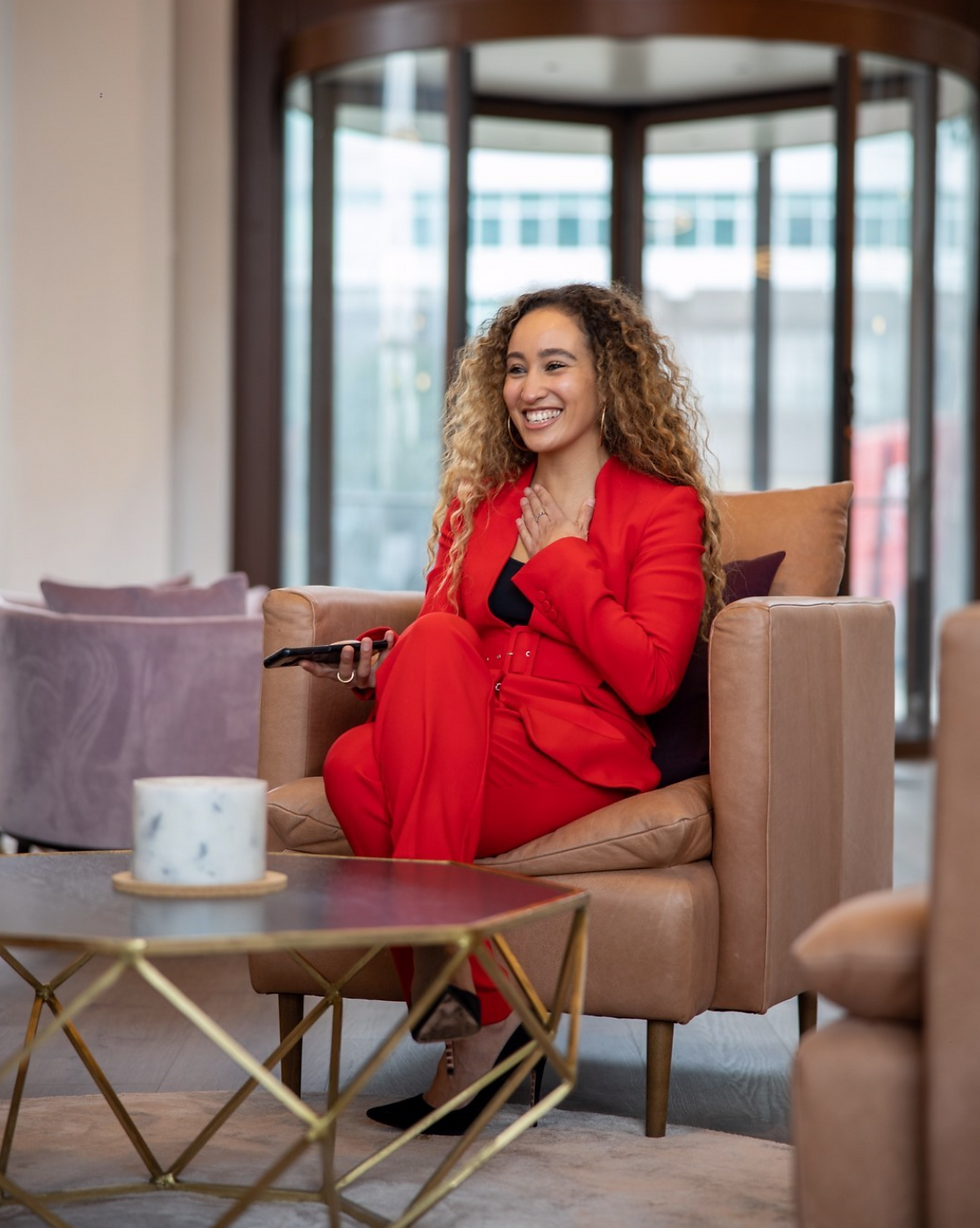

5 Free Self-Care Ingredients To Live Your Best Life
Read this article by Phaedra Peer for 5 easy and free steps to achieve self-care and live your best life.


Take Charge & SWITCH OFF AN OVERACTIVE BRAIN
If your thoughts are keeping you up at night, the trick is to change the unhealthy pattern. We've provided strategies to help you sleep.


Here's Why MATCHA IS SO GOOD FOR YOU
Here we discuss whether regular green tea has really met its match'a'!


Jaw Dropping BENEFITS TO CHEWING YOUR FOOD
Spending more conscious energy on chewing can open you up to a host of benefits, of which there are plenty! Find out what they are.


Lifestyle & Wellbeing Must Haves We Are Totally Obsessed With
The world of wellbeing is always changing, so we dug a little deeper and found these unique products just for you.


Reasons Why You May Get Drunker Than Your Friends
Multiple factors explain why some people’s bodies appear to handle more alcohol better than others. Want to find out more?


5 Simple Skincare Tips For Glowing Hydrated Skin In The Colder Months
Try these minor tweaks to your skincare regime to keep your complexion healthy all season long.






Comments